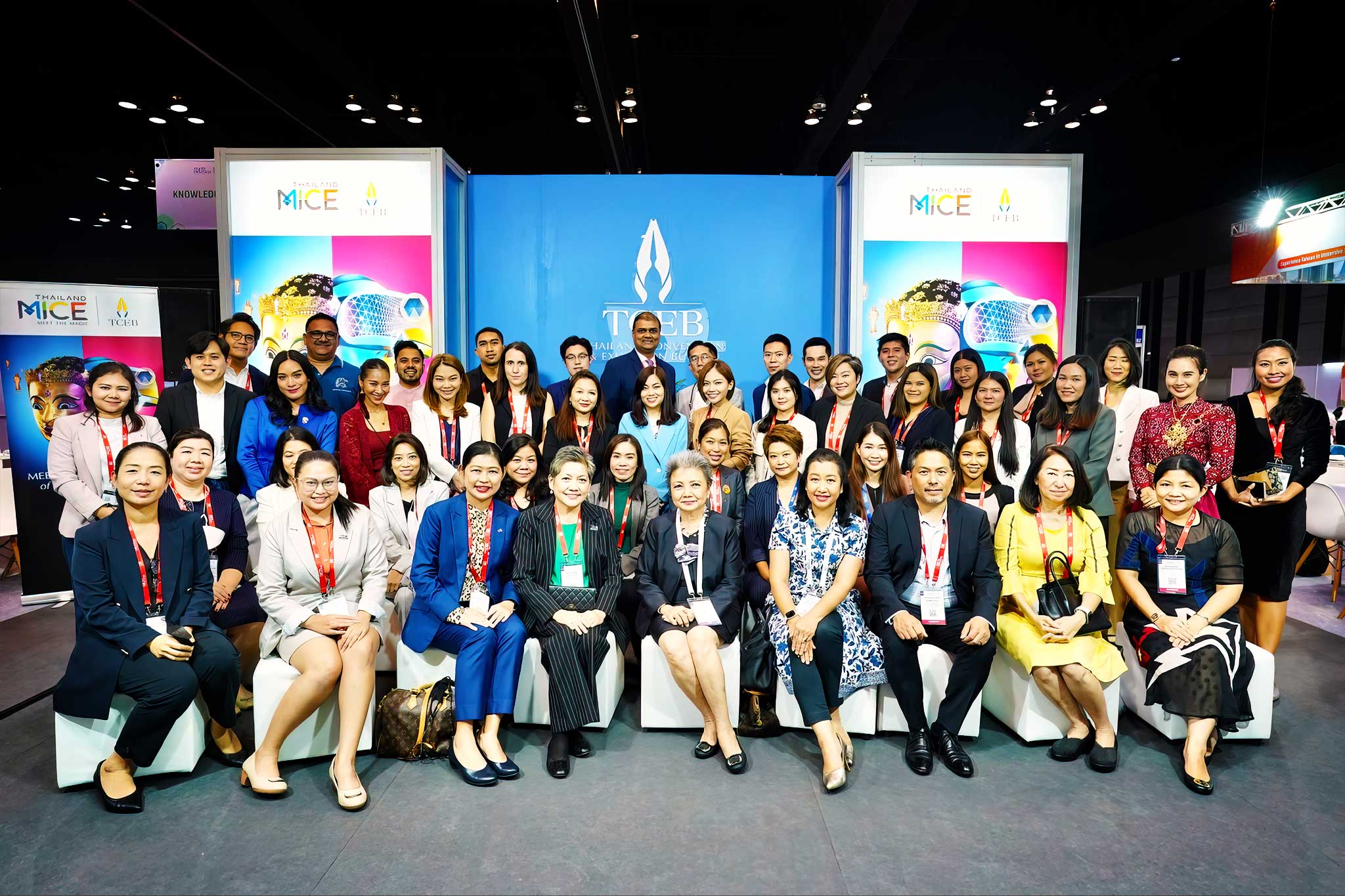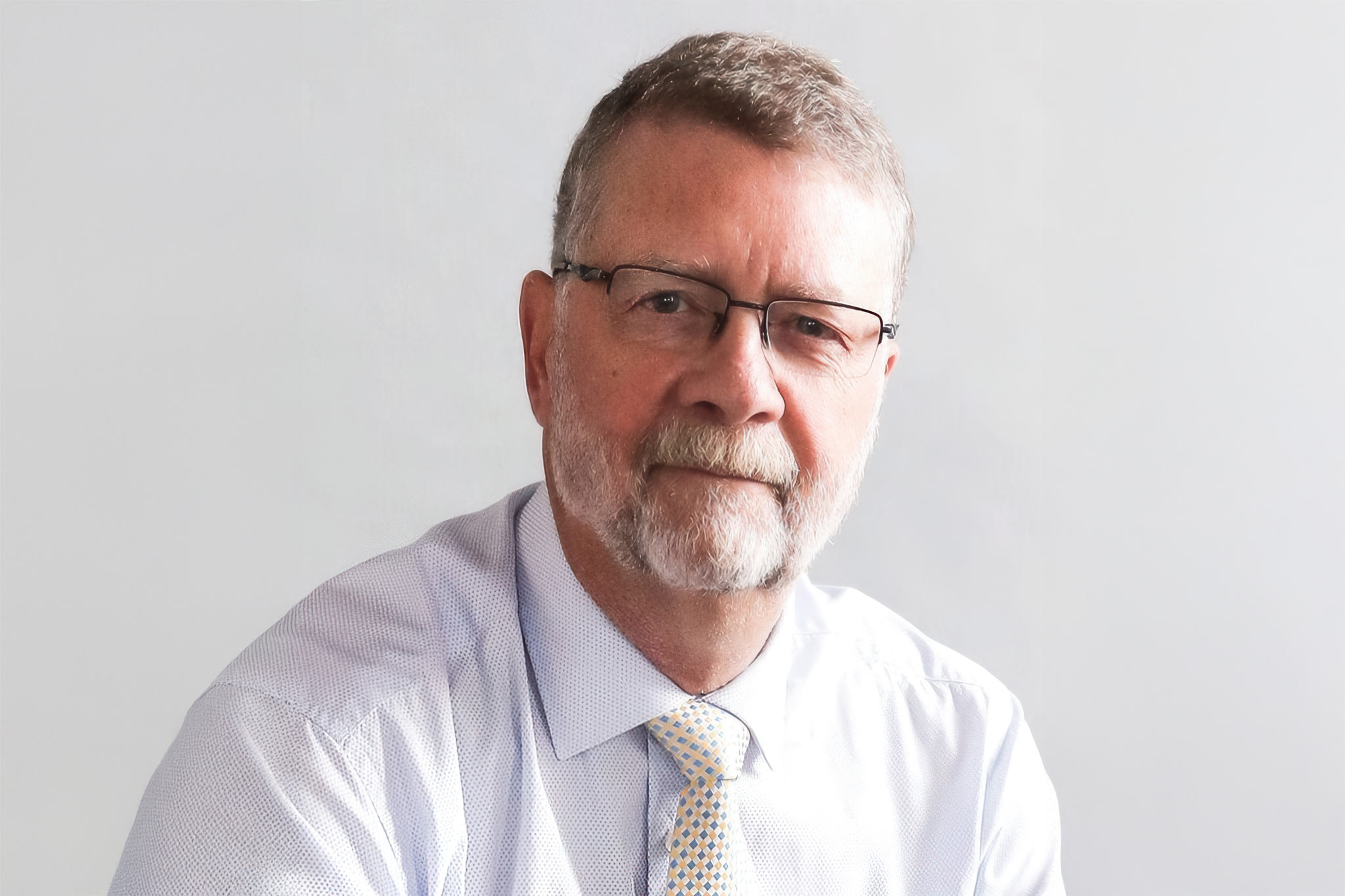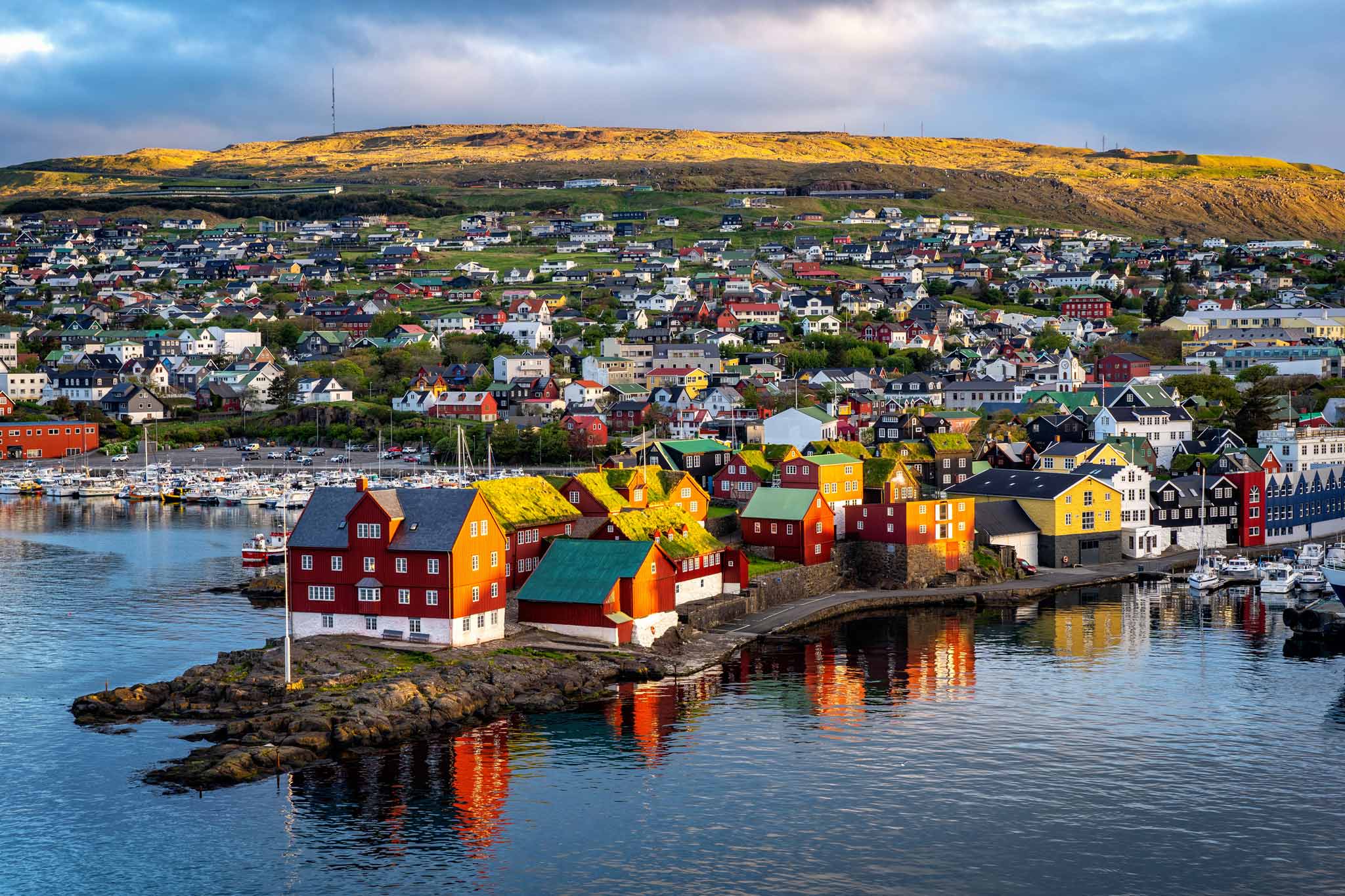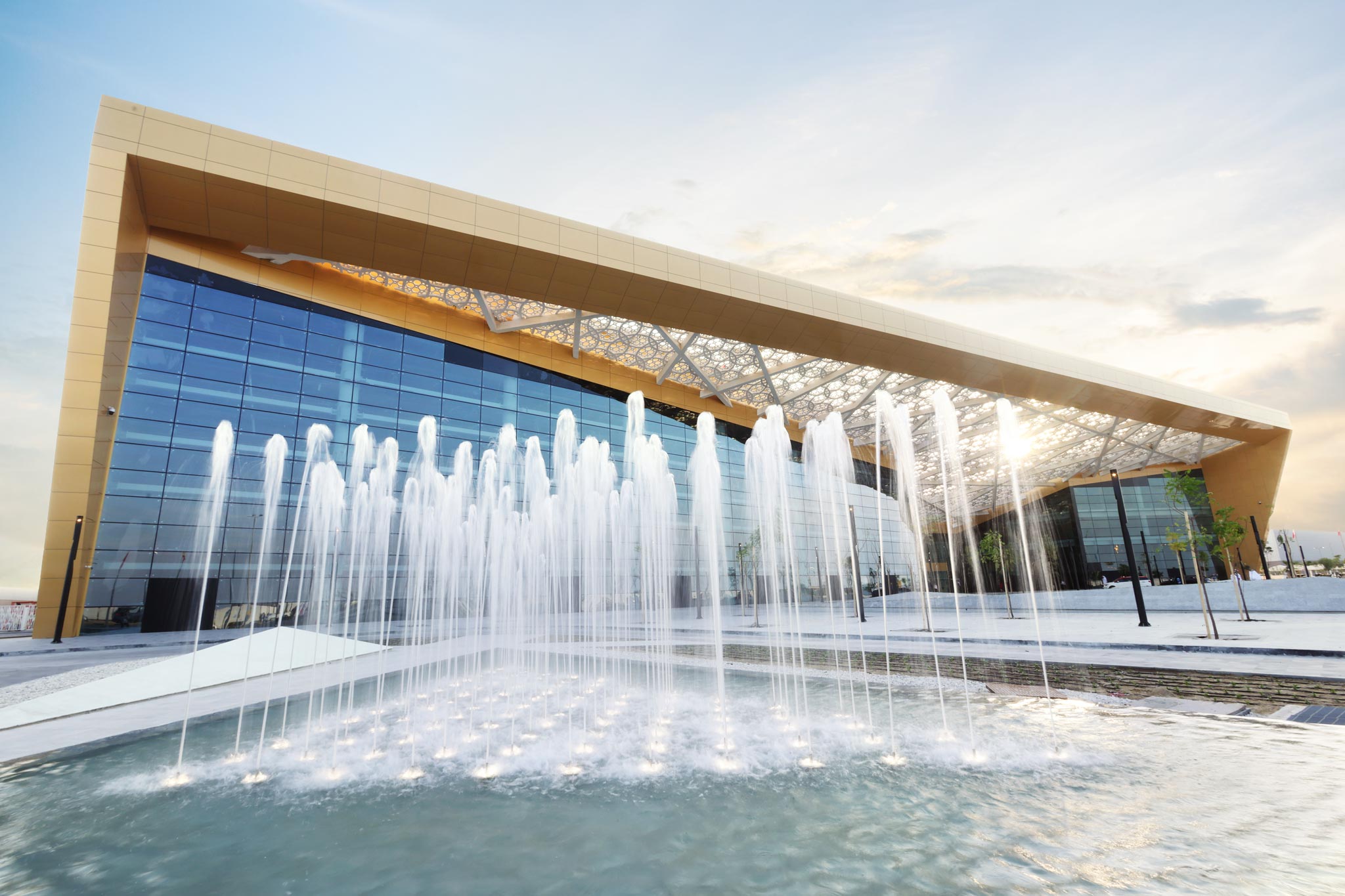Following the Covid-enforced two-year shutdown and as the global meetings industry tentatively edges towards what will hopefully be its widespread reopening, attending a physical business event today imparts a sense of a somewhat guilty pleasure.
This year’s double-bill of IT&CMA and CTW, held over three days from September 20–22 at the Bangkok Convention Centre at CentralWorld, was no exception to that feeling for the more than 1,200 delegates who participated. Yet, alongside the collective relief of being able to come together again, the nature of participation for many of these delegates signalled the direction in which the industry is necessarily moving for the future: this was also the first-ever hybrid IT&CMA, with the digital event continuing until October 5th on the EventsAir virtual platform integral to this year’s event.
“Phygital events, which is a blend of physical and digital events, will soon become the norm as organisers strive to create meaningful and immersive experiences,” says Chiruit Isarangkun Na Ayuthaya, President of the Thailand Convention and Exhibition Bureau (TCEB). “Digitalisation can also help to expand the audience reach, while contributing to event safety management.”
Boosting audience reach on IT&CMA‘s maiden hybrid voyage were a number of initiatives on the virtual platform, such as Hybrid Business Meets, a 3D Virtual Exhibition and Scheduled Meetings with streaming broadcasts and remote participation. There was also a suite of on-demand content including knowledge sessions, brand engagements and buyer procurement showcases, all of which generated the demand for an extended virtual event beyond its original September 28th scheduled end date.
On the ground in the Thai capital to offer their own vote of confidence to the industry getting back to physically meeting were more than 350 exhibitors from 27 territories, including NTO’s and other major participants from destinations such as Thailand, South Korea, The Philippines, Hong Kong, Japan, Indonesia and even from as far as Monaco. Also on site were key industry figures from ICCA, IAPCO and SITE on hand to offer the latest knowledge and insights on a much-changed industry landscape.
For many of them, marking their return to the events sphere created a buzz of activity on the show floor and the targeted networking to share news of major new venues and initiatives further bolstered a confidence in physical meetings of the future. Some of these facilities, either recently opened or coming on stream – such as the extensively renovated Queen Sirikit National Convention Centre in Bangkok, the Haneda Innovation City in Tokyo and the expanded Daegu EXCO in South Korea – are designed with state-of-the-art large-scale events in mind and will be aiming to secure them for the coming years.
In addition to this, there was also the continued promotion of key meeting destinations, with host country Thailand keen to highlight the potential of its designated MICE cities, including lesser-known destinations such as Songkhla and Khon Kaen, as well as their on-going work in helping cities develop their MICE attractiveness and engagement with government to facilitate industry growth.
“TCEB can support the destinations directly, such as upskilling services, standardisation and promotion, but we must also influence government to support certain factors like infrastructure, an international airport and more budget support,” says Supawan Teerarat, Senior Vice-president Development and Innovation at TCEB. “Bringing national and international MICE events to the destination will promote and increase the reputation of the city to the world, and uplift our Thai entrepreneurs to acquire new knowledge, innovation and technology.”
The power of bringing people together at industry events such as IT&CMA was borne out in almost 100 leads for more than 10,000 pax from all corners of the globe and across a range of industries emanating from the show for the host country of Thailand. However, the intervening years have meant that a straight return to the previous industry operational paradigm may not be possible in the coming years, if at all, and the format of this year’s event was a reflection of that.
In responding to how future events must react to the Covid experience, alongside its phygital focus TCEB has therefore also put an emphasis on wellness and inclusivity at the heart of future events.
“The incorporation of wellness into meetings is to avoid delegate fatigue and help them digest information easily, which comes as health and wellness considerations have intensified during the pandemic,” says Chiruit Isarangkun Na Ayuthaya. “Inclusivity requires events to be accessible for all, across diverse cultures and backgrounds, regardless of their physical or intellectual limitations.”
The perfect recipe of the fusion of the digital and physical meeting formats will be the key issue for the industry to master in the coming years, to ensure that a full shutdown such as that experienced during Covid can never happen again and also that events can touch as wide an audience as possible in an engaging and insightful way. This year’s IT&CMA and CTW gave a flavour of how this fusion can be, and in both aspects, it was a clear success.



